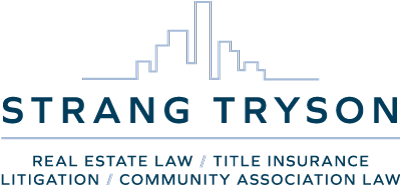Introduction
Condo and HOA board members play a pivotal role in governing community associations, ensuring operational efficiency, and protecting the interests of homeowners. Understanding their legal responsibilities under Florida law is essential to fulfill their duties effectively and avoid potential liability.
Fiduciary Duties of Board Members
Board members must act in good faith and exercise reasonable care in making decisions that affect the association and its members. This duty includes prudent financial management, adherence to governing documents, and overseeing association operations.
Compliance with Governing Documents and Laws
Board members are responsible for enforcing and abiding by the association’s governing documents, including the Declaration, bylaws, and rules and regulations. Compliance ensures consistency in decision-making and protects the association from legal disputes.
Transparency, Accountability and Financial Oversight
Board members oversee the association’s finances, including budget preparation, reserve planning, and financial reporting. Transparency in financial matters ensures accountability to homeowners and compliance with statutory requirements.
Fair Decision-Making and Conflict Resolution
Board members must make decisions in the best interests of the association as a whole, considering input from homeowners and seeking consensus where possible. Effective conflict resolution processes help mitigate disputes and promote community harmony.
Conclusion
Navigating the legal responsibilities of condo and HOA board members in Florida requires diligence, transparency, and a commitment to upholding community standards. By adhering to fiduciary duties, complying with governing documents, and fostering transparency, board members can effectively govern their associations and enhance the quality of community life.





